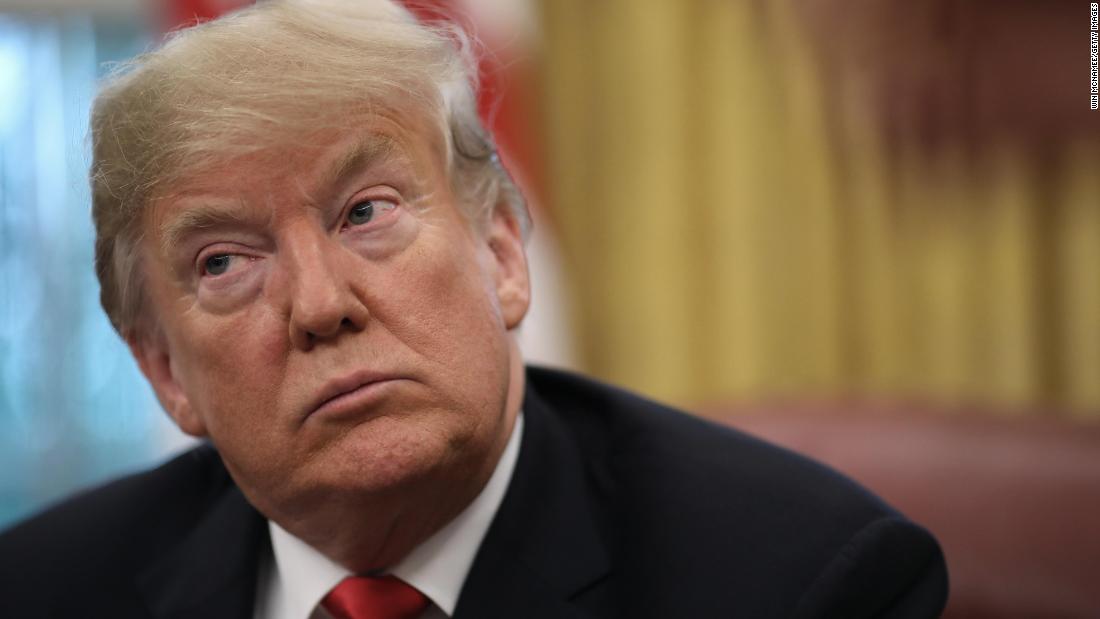JPMorgan Warns of Economic Risks from Potential Trump Policies
05.07.2024 8:30 2 min. read Alexander Stefanov
JPMorgan Chase has issued a warning about the economic consequences of the upcoming presidential election.
In an interview with Bloomberg, JPMorgan’s Chief Global Strategist, David Kelly, discussed former President Trump’s proposal to increase tariffs on imports to lower income taxes. Kelly suggests that if Trump wins and implements significant tariff hikes, it could lead to stagflation—a combination of slow growth and rising inflation.
Kelly noted that the debate outcomes have increased the chances of a Republican sweep in November. He emphasized that higher tariffs could slow economic growth while pushing up inflation, creating stagflation.
Additionally, Kelly mentioned that the economy is currently fragile enough that any policy shock, such as Trump’s aggressive stance on immigration, could trigger a recession. He cited Trump’s potential immigration policies, including the deportation of undocumented immigrants, as another risk factor.
Kelly also addressed the uncertainty surrounding Trump’s 2017 tax cuts. He explained that if Joe Biden is reelected, some of these tax cuts might be extended beyond 2025, but not all. In contrast, a Trump victory could lead to the full extension of these tax cuts, which would increase the national debt and result in higher long-term interest rates.
Kelly did not specifically comment on his economic outlook under a second term for Biden. However, JPMorgan Chase CEO Jamie Dimon previously mentioned that he believes some of Biden’s current economic policies are effective. Dimon highlighted the benefits of infrastructure spending and its bipartisan support, though he noted that some Americans in rural and inner-city areas might not feel the positive impacts of the economy.
-
1
Weekly Recap: Key Shifts and Milestones Across the Crypto Ecosystem
06.07.2025 17:00 4 min. read -
2
Trump Imposes 50% Tariff on Brazil: Political Tensions and Censorship at the Center
10.07.2025 7:00 2 min. read -
3
Key Crypto Events to Watch in the Next Months
20.07.2025 22:00 2 min. read -
4
USA Imposes Tariffs on Multiple Countries: How the Crypto Market Could React
08.07.2025 8:30 2 min. read -
5
UAE Regulators Dismiss Toncoin Residency Rumors
07.07.2025 11:12 2 min. read
Two Upcoming Decisions Could Shake Crypto Markets This Week
The final days of July could bring critical developments that reshape investor sentiment and influence the next leg of the crypto market’s trend.
Winklevoss Slams JPMorgan for Blocking Gemini’s Banking Access
Tyler Winklevoss, co-founder of crypto exchange Gemini, has accused JPMorgan of retaliating against the platform by freezing its effort to restore banking services.
Robert Kiyosaki Warns: ETFs Aren’t The Real Thing
Renowned author and financial educator Robert Kiyosaki has issued a word of caution to everyday investors relying too heavily on exchange-traded funds (ETFs).
Bitwise CIO: The Four-Year Crypto Cycle is Breaking Down
The classic four-year crypto market cycle—long driven by Bitcoin halvings and boom-bust investor behavior—is losing relevance, according to Bitwise CIO Matt Hougan.
-
1
Weekly Recap: Key Shifts and Milestones Across the Crypto Ecosystem
06.07.2025 17:00 4 min. read -
2
Trump Imposes 50% Tariff on Brazil: Political Tensions and Censorship at the Center
10.07.2025 7:00 2 min. read -
3
Key Crypto Events to Watch in the Next Months
20.07.2025 22:00 2 min. read -
4
USA Imposes Tariffs on Multiple Countries: How the Crypto Market Could React
08.07.2025 8:30 2 min. read -
5
UAE Regulators Dismiss Toncoin Residency Rumors
07.07.2025 11:12 2 min. read


